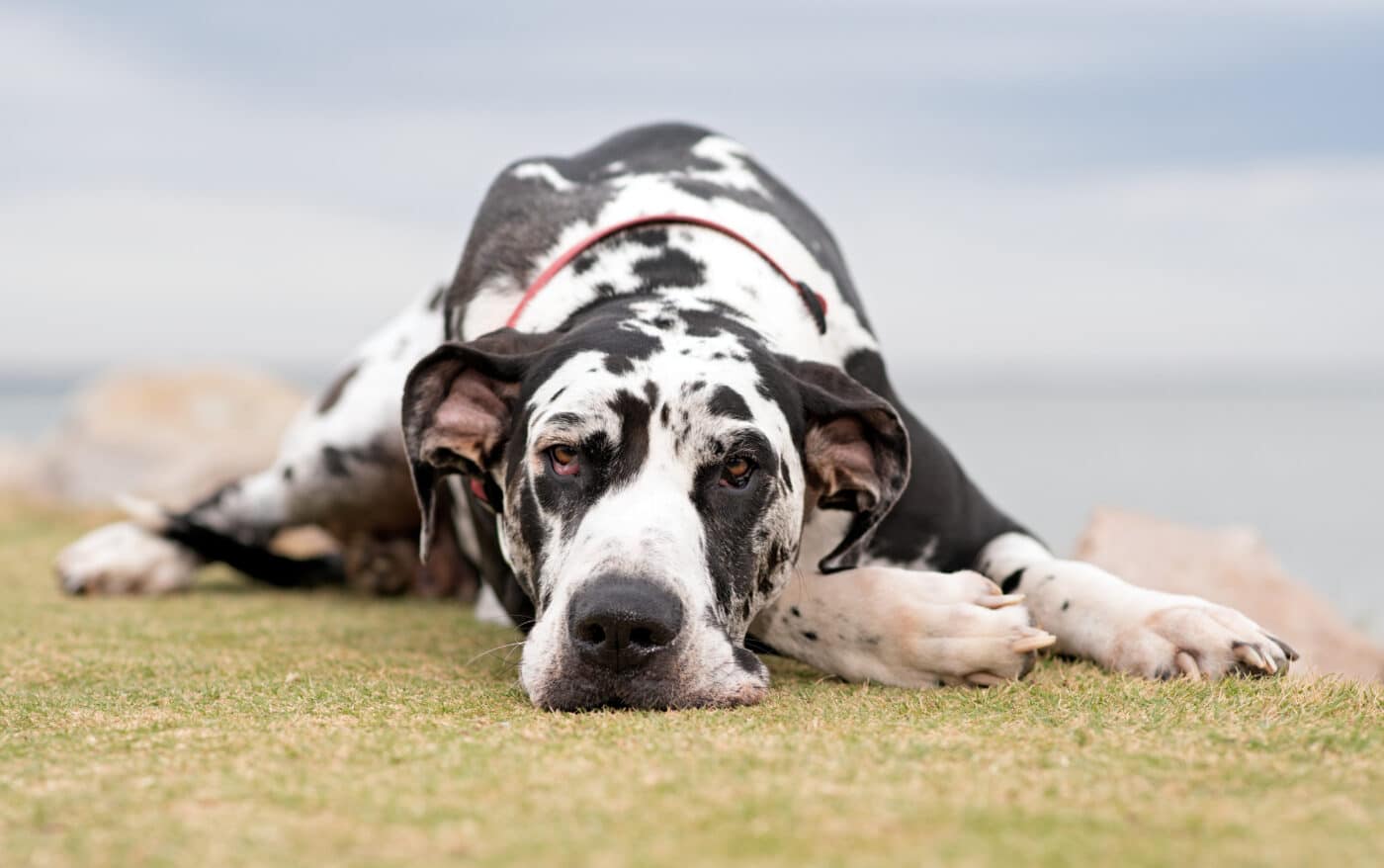 Shutterstock
Shutterstock
While many dogs are celebrated for their protective instincts, some are simply too friendly, relaxed, or downright goofy to intimidate anyone. These dogs are lovable and often make fantastic companions, but if you’re hoping for a guard dog, you may want to look elsewhere. Certain breeds are so welcoming to strangers and laid-back in temperament that they’re more likely to greet an intruder with tail wags and affection rather than alarm. These pups bring endless joy but aren’t exactly suited for the guard dog role!
Golden Retriever
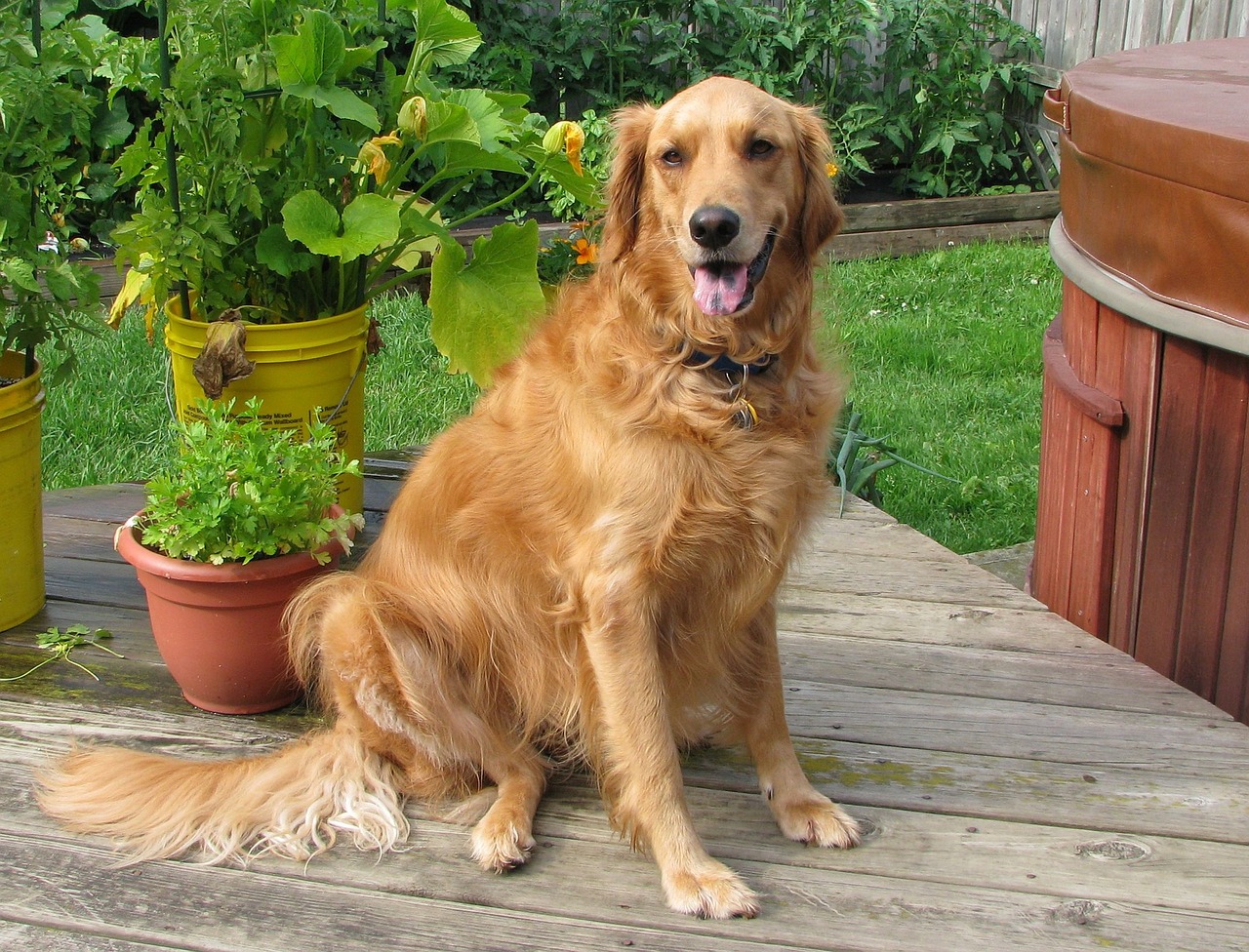 Shutterstock
Shutterstock
Golden Retrievers are famous for their gentle and friendly nature. Known as one of the friendliest dog breeds, they are more likely to greet a stranger with a wagging tail and an open heart than to raise an alarm. Golden Retrievers love everyone they meet, making them great family pets but terrible guard dogs.
Labrador Retriever
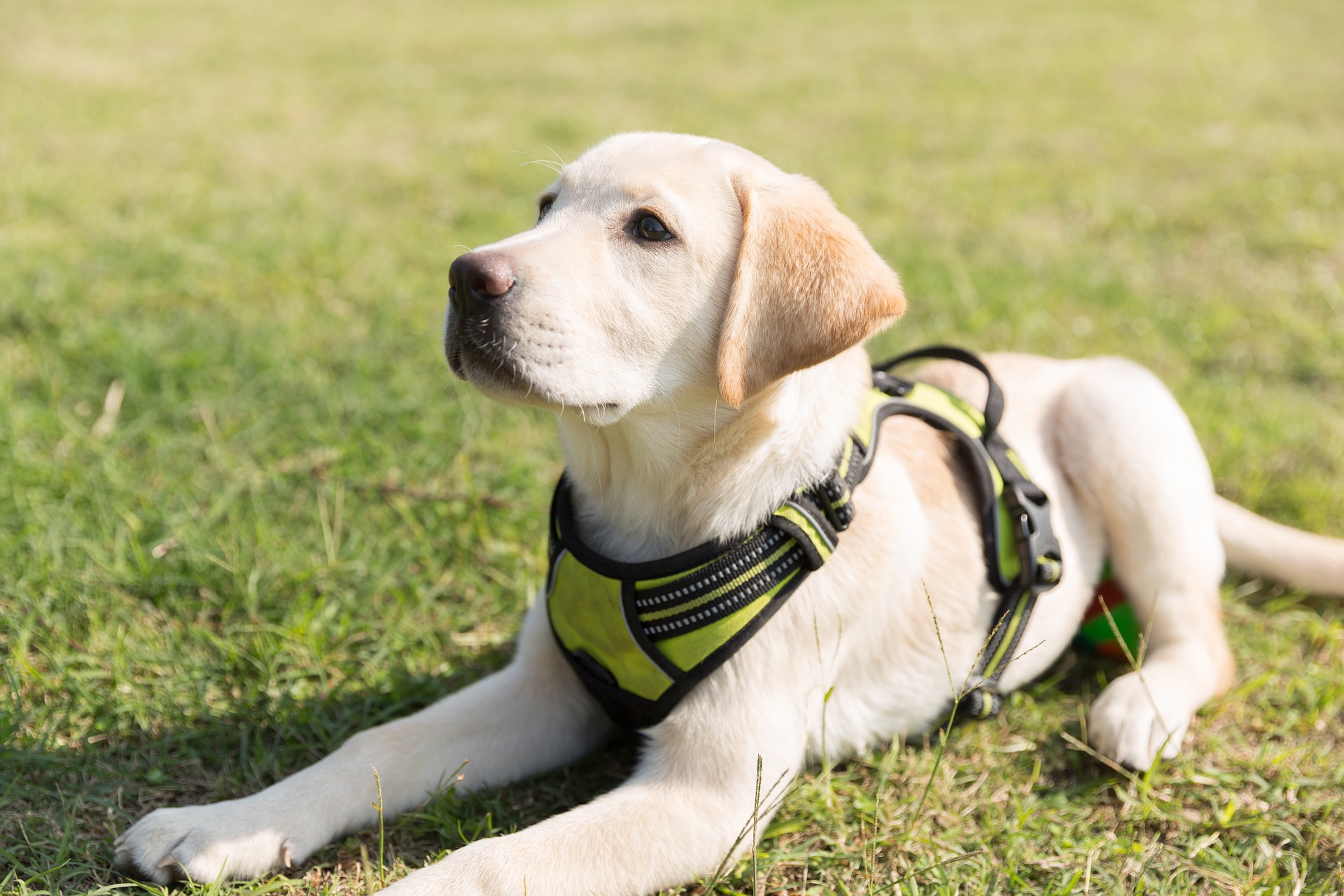 Shutterstock
Shutterstock
Labrador Retrievers are loyal, but their loyalty extends to just about anyone willing to pet them. Labs are incredibly people-oriented and love making new friends, often welcoming strangers with enthusiasm rather than suspicion. They might bark out of excitement but certainly not to warn of an intruder, making them excellent companions but ineffective guards.
Cavalier King Charles Spaniel
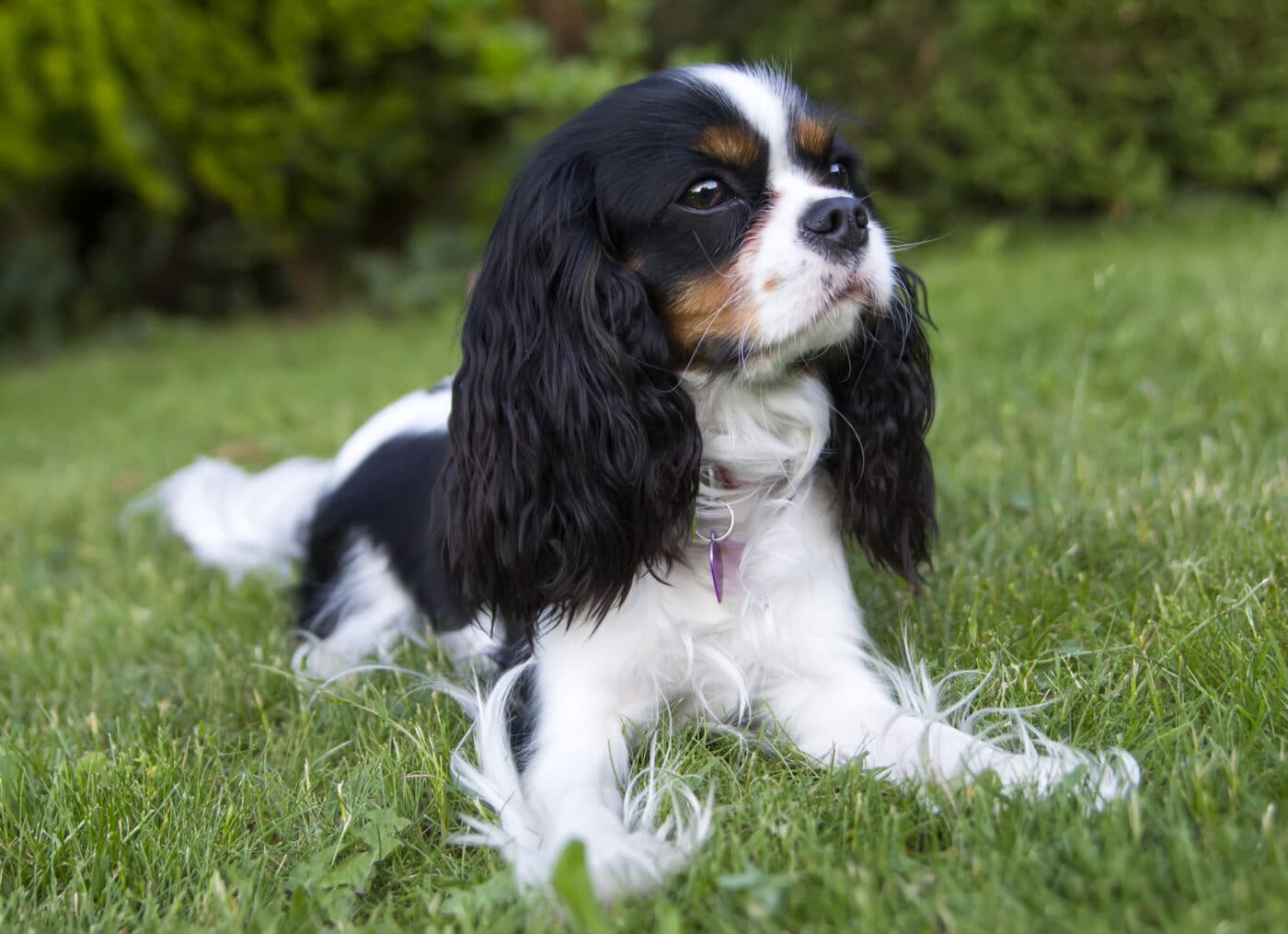 Shutterstock
Shutterstock
The Cavalier King Charles Spaniel is a small breed known for its sweet and affectionate nature. These dogs thrive on human companionship and are more likely to seek affection from strangers than protect against them. With their gentle demeanor and friendly attitude, Cavaliers don’t have a protective bone in their bodies, making them wonderful lap dogs but unsuitable for guarding.
Shih Tzu
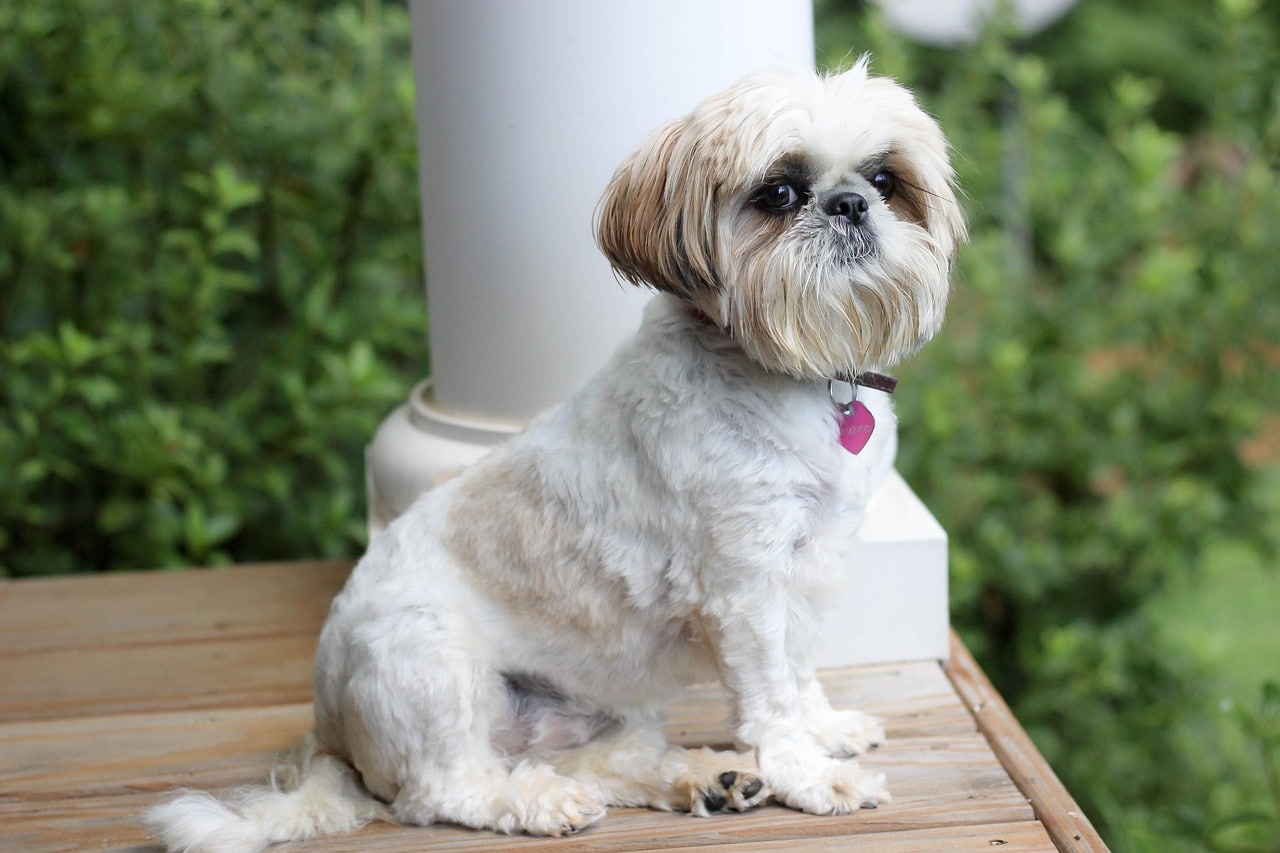 Shutterstock
Shutterstock
Shih Tzus were bred to be lap dogs for Chinese royalty, and their main focus is on cuddling and companionship. These small dogs may bark to alert you that someone is at the door, but they’re more interested in being petted than in intimidating strangers. With their friendly and relaxed temperament, Shih Tzus are about as far from guard dogs as you can get.
Basset Hound
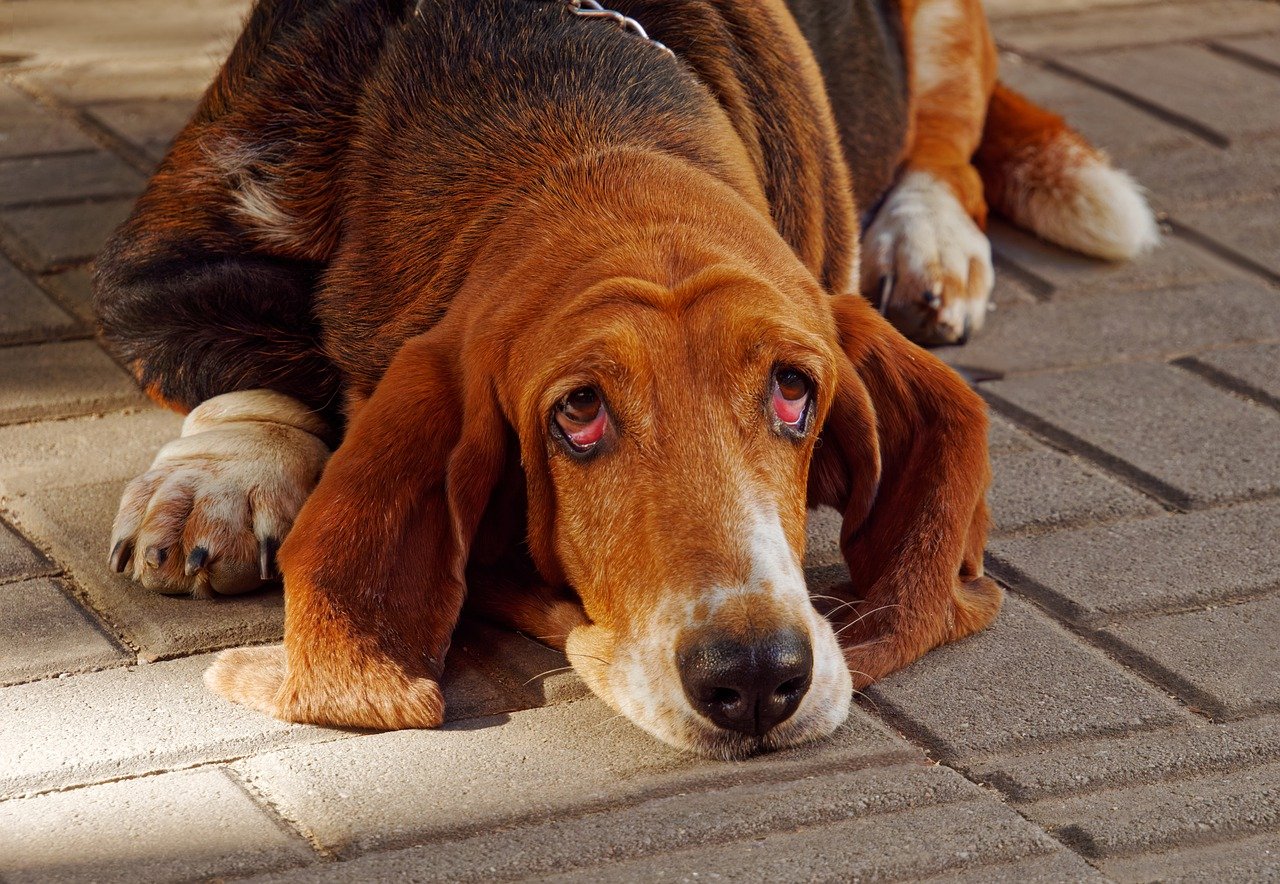 Shutterstock
Shutterstock
Basset Hounds are known for their laid-back attitude and lovable personality. These dogs are more interested in tracking scents and lounging around than keeping an eye out for intruders. With their droopy eyes and slow-moving demeanor, Basset Hounds aren’t exactly vigilant. They’re excellent at detecting treats but utterly fail when it comes to guarding duties.
Beagle
 Shutterstock
Shutterstock
Beagles are friendly, social, and more likely to greet a stranger with a sniff than with a bark. They’re driven by their noses and are always on the hunt for new scents, which makes them easygoing and curious around new people. Beagles are far more interested in making friends than standing guard, making them great family pets but ineffective protectors.
Irish Setter
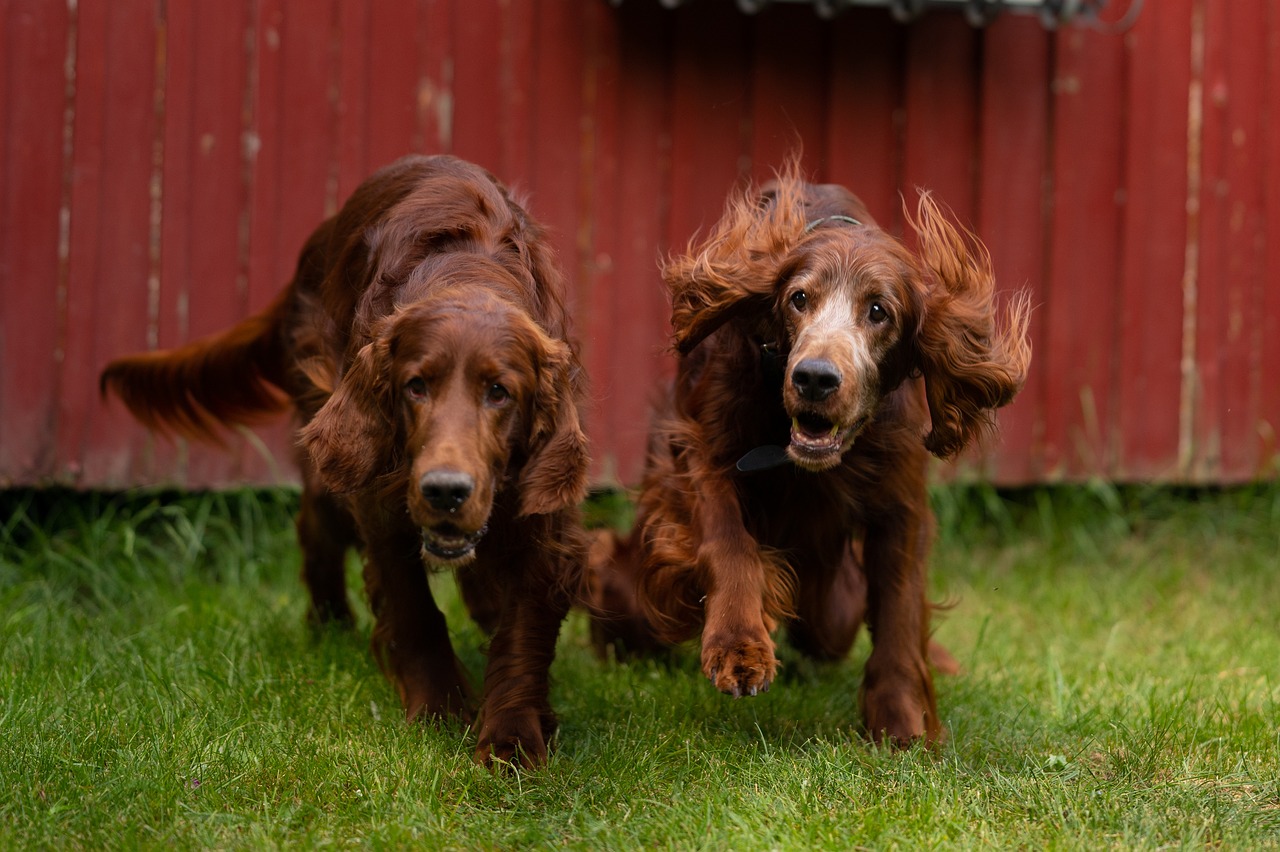 Shutterstock
Shutterstock
Irish Setters are known for their joyful, outgoing personality and boundless energy. They’re naturally friendly and are thrilled to meet anyone new, often jumping up to greet people enthusiastically. Irish Setters don’t have a protective streak, and they’d likely befriend an intruder rather than ward them off, making them perfect playmates but poor guards.
Bulldog
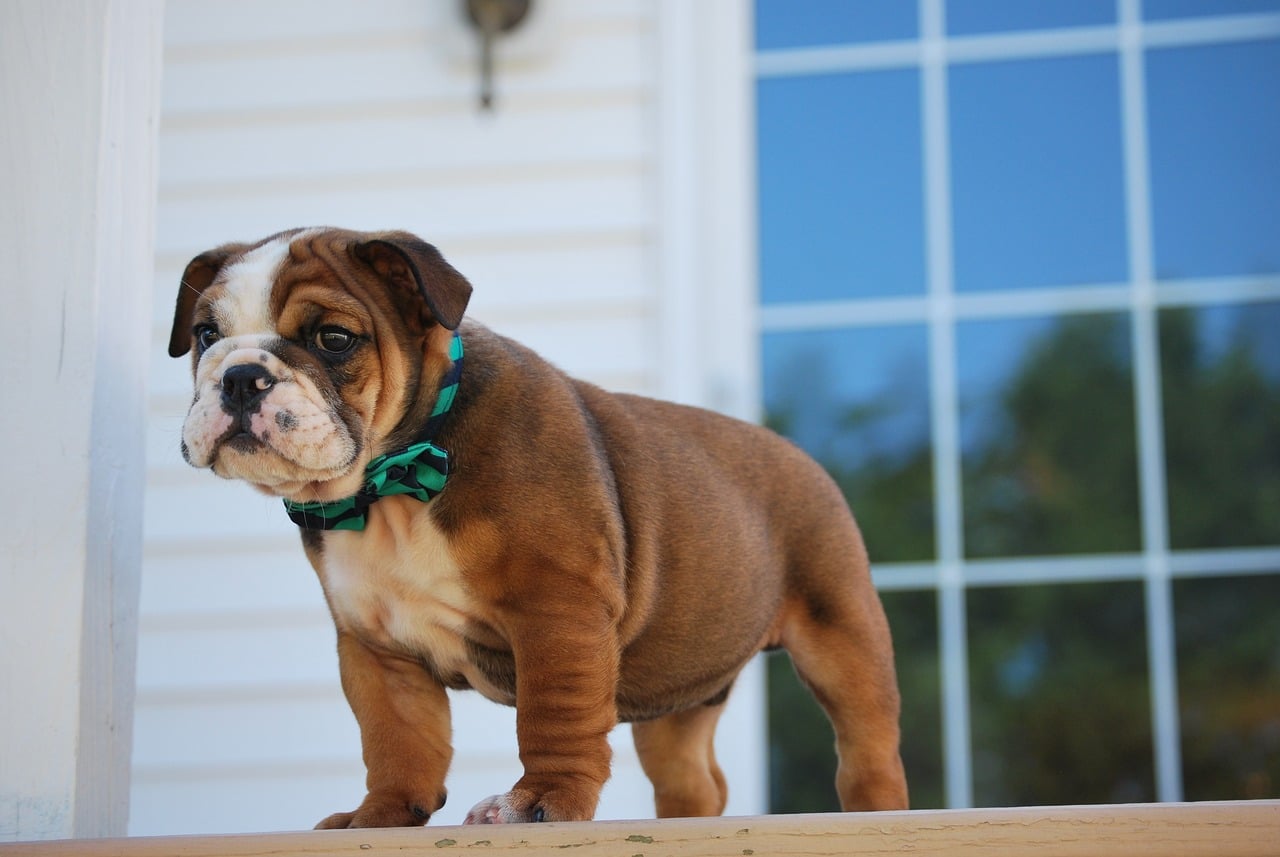 Shutterstock
Shutterstock
Bulldogs may have a tough look, but their personalities are anything but intimidating. Bulldogs are relaxed, affectionate, and love spending time with their family. While they might look intimidating to some, they’re incredibly gentle and are more likely to lounge around than guard the house. Bulldogs are great companions, but guard dogs? Not so much.
Pug
 Shutterstock
Shutterstock
Pugs are small, playful, and love being the center of attention. They thrive on human interaction and are always looking to make new friends. Pugs may bark at first, but they’re quick to warm up to anyone who shows them kindness. With their affectionate nature and playful spirit, Pugs are lovable but certainly not intimidating.
Newfoundland
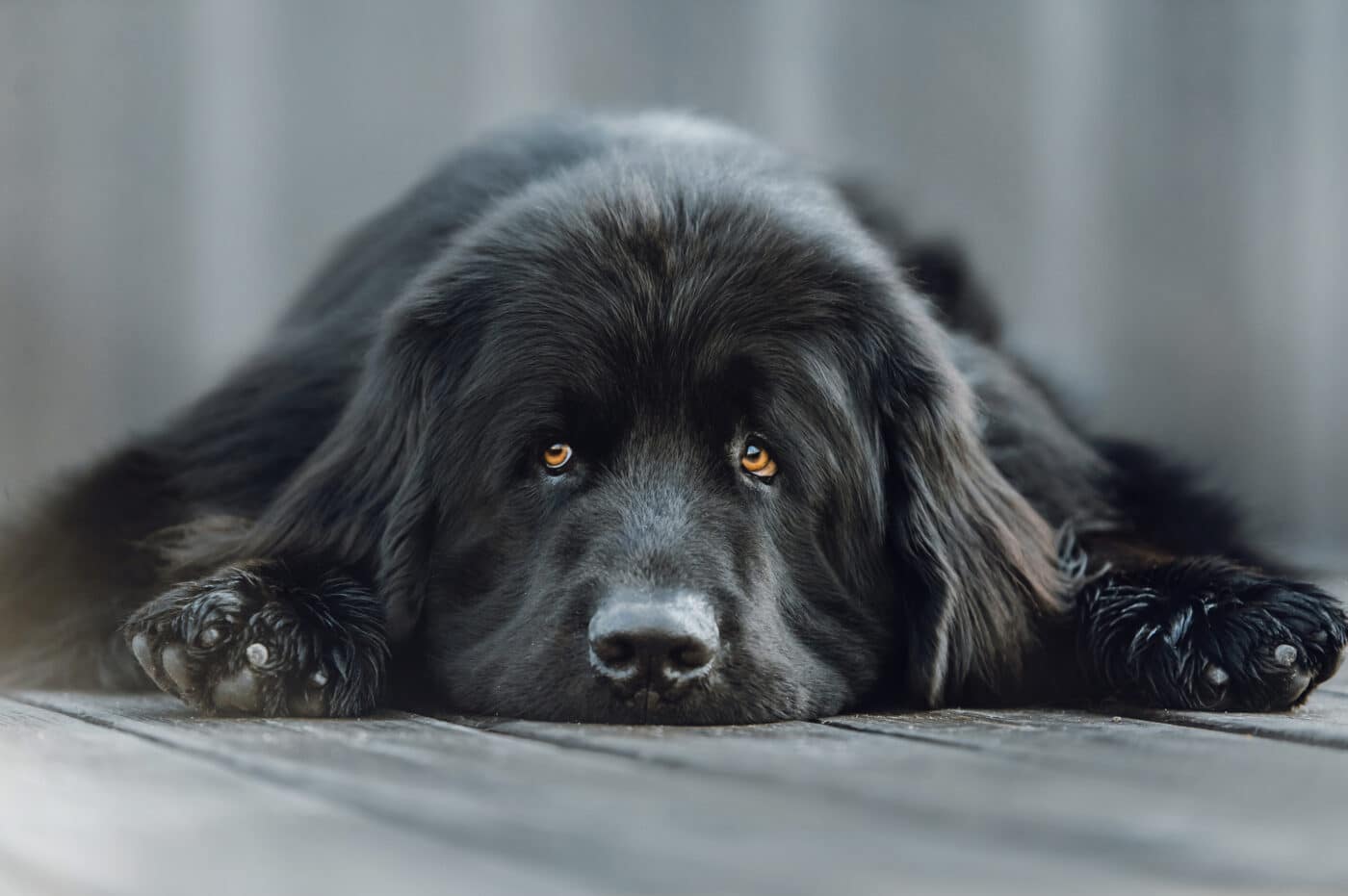 Shutterstock
Shutterstock
Newfoundlands are gentle giants with heart full of love. These large dogs are known for their calm, friendly nature and are excellent with children and families. While their size may be intimidating, Newfoundlands are incredibly gentle and are more likely to help someone than scare them away. They’re wonderful family dogs but are far too friendly to serve as guards.
Great Dane
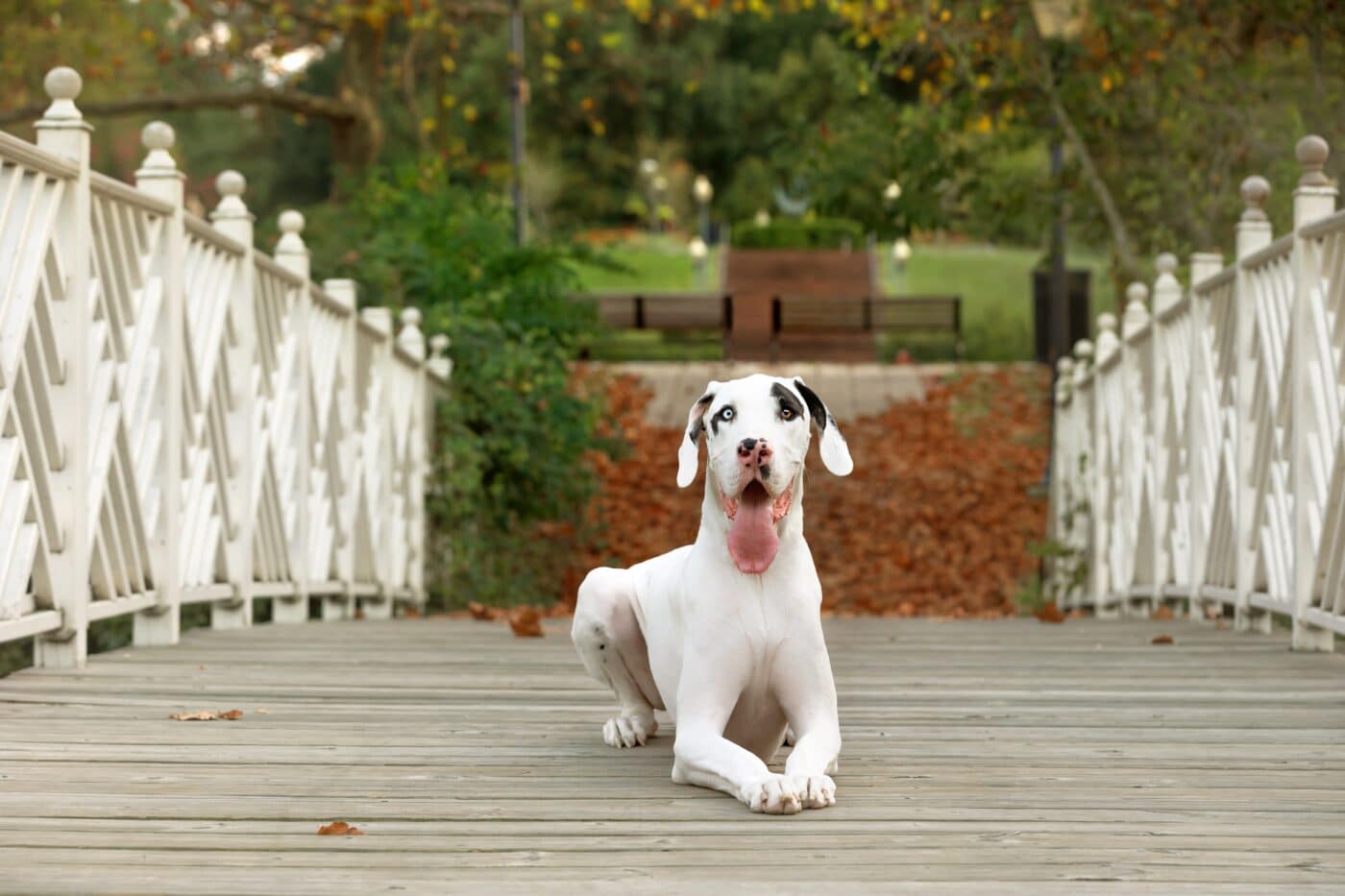 Shutterstock
Shutterstock
Great Danes may look imposing due to their size, but they’re known as “gentle giants” for a reason. These dogs are affectionate, gentle, and incredibly friendly, especially with people they know. Great Danes may bark at an unfamiliar noise, but they’re far more likely to lean in for a cuddle than defend the home, making them delightful companions but unlikely guards.
Italian Greyhound
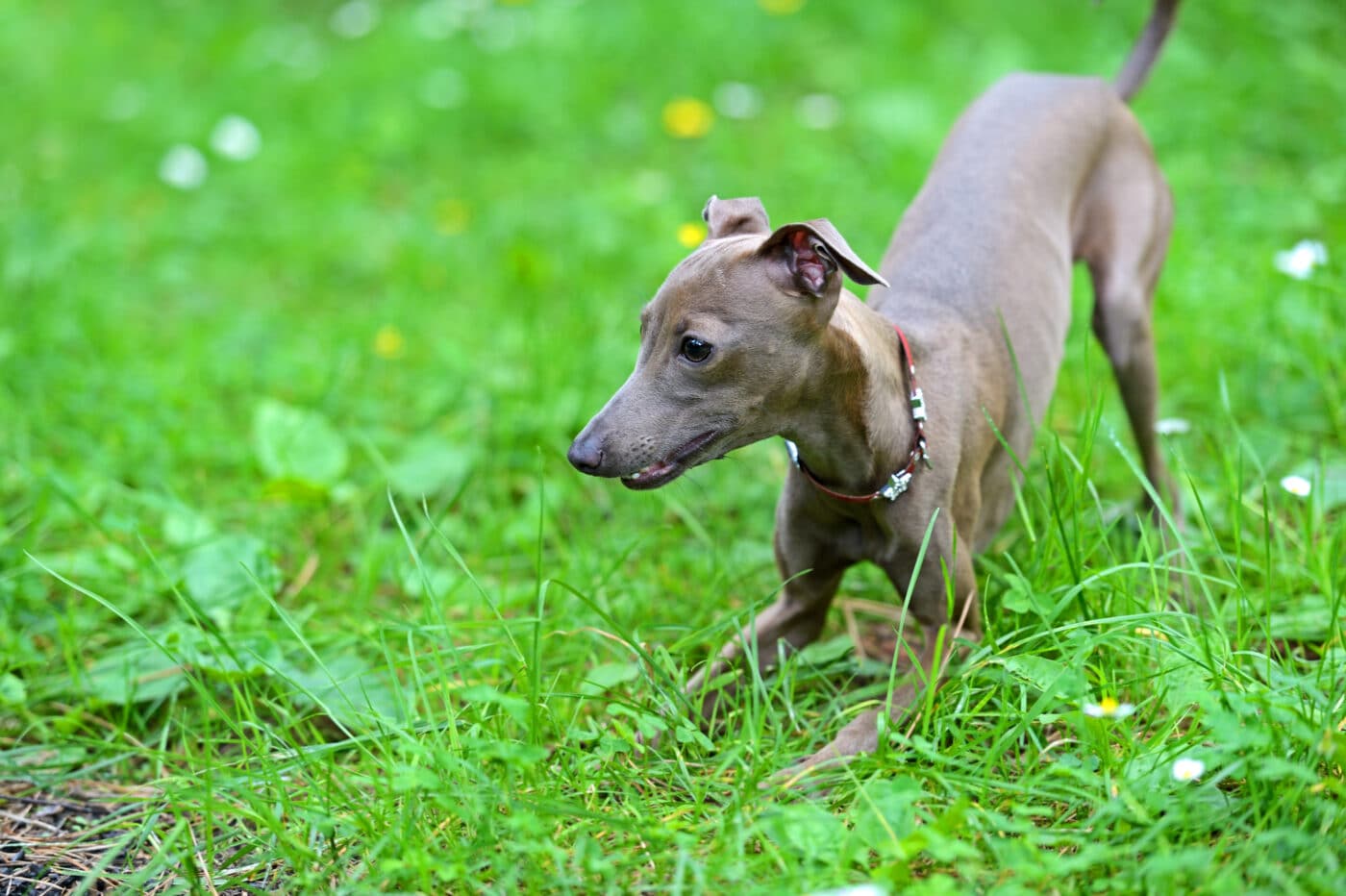 Shutterstock
Shutterstock
Italian Greyhounds are delicate, gentle dogs that thrive on companionship and comfort. They’re more likely to shy away from a stranger than confront them, making them quiet and unobtrusive. Italian Greyhounds are more interested in staying warm and cozy than patrolling the house. They’re charming little companions, but their shy nature makes them ineffective as guard dogs.
Whippet
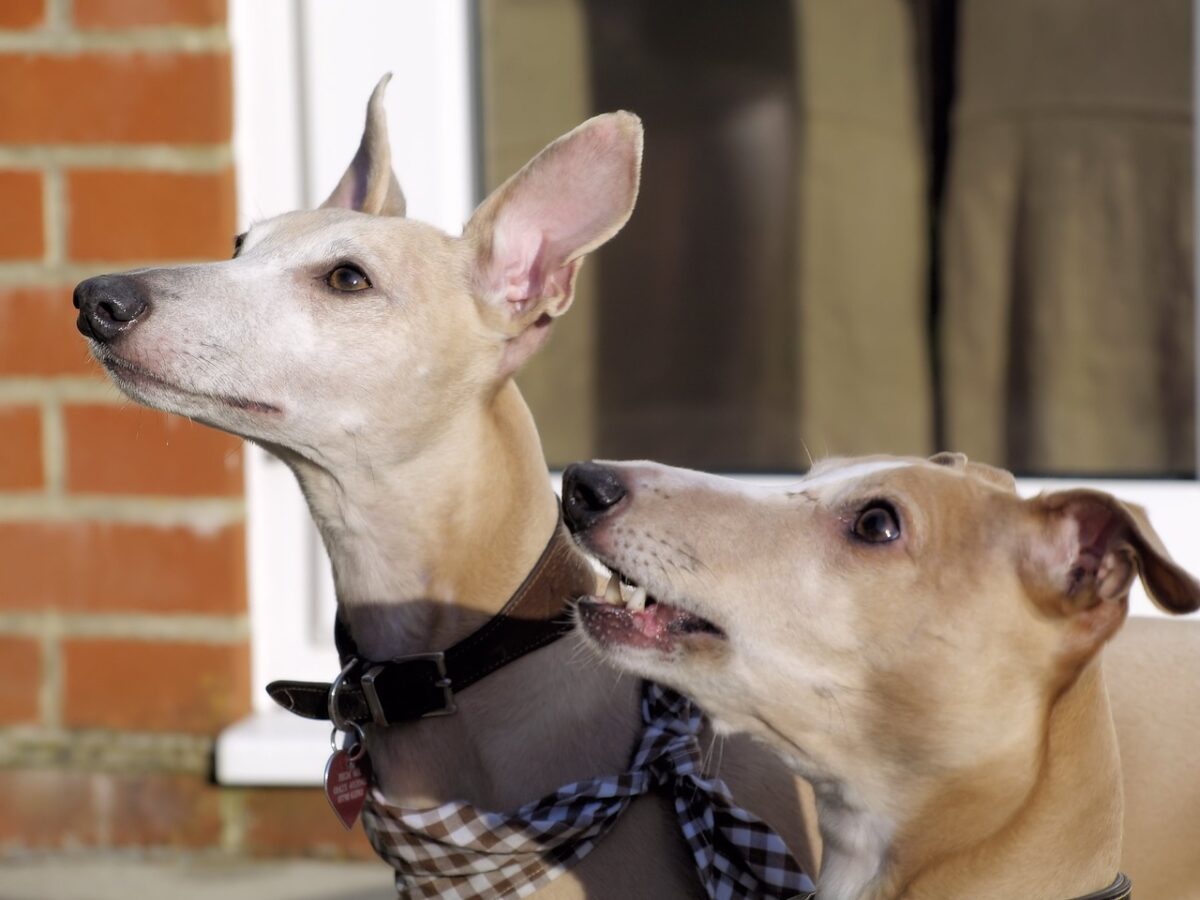 Shutterstock
Shutterstock
Whippets are known for their speed and agility, but guarding is not their strong suit. These dogs are gentle, affectionate, and tend to be on the quieter side. Whippets prefer running and playing to standing watch and would rather nap than raise an alarm. They’re wonderful family pets but far too mild-mannered for any serious guard duty.
Cocker Spaniel
 Shutterstock
Shutterstock
Cocker Spaniels are cheerful, friendly, and love being around people. They’re known for their gentle and affectionate nature, making them quick to trust new faces. Cocker Spaniels are more likely to approach a stranger with curiosity than suspicion, making them wonderful companions but poor protectors. They’re far more interested in being petted than protecting the home.
Dachshund
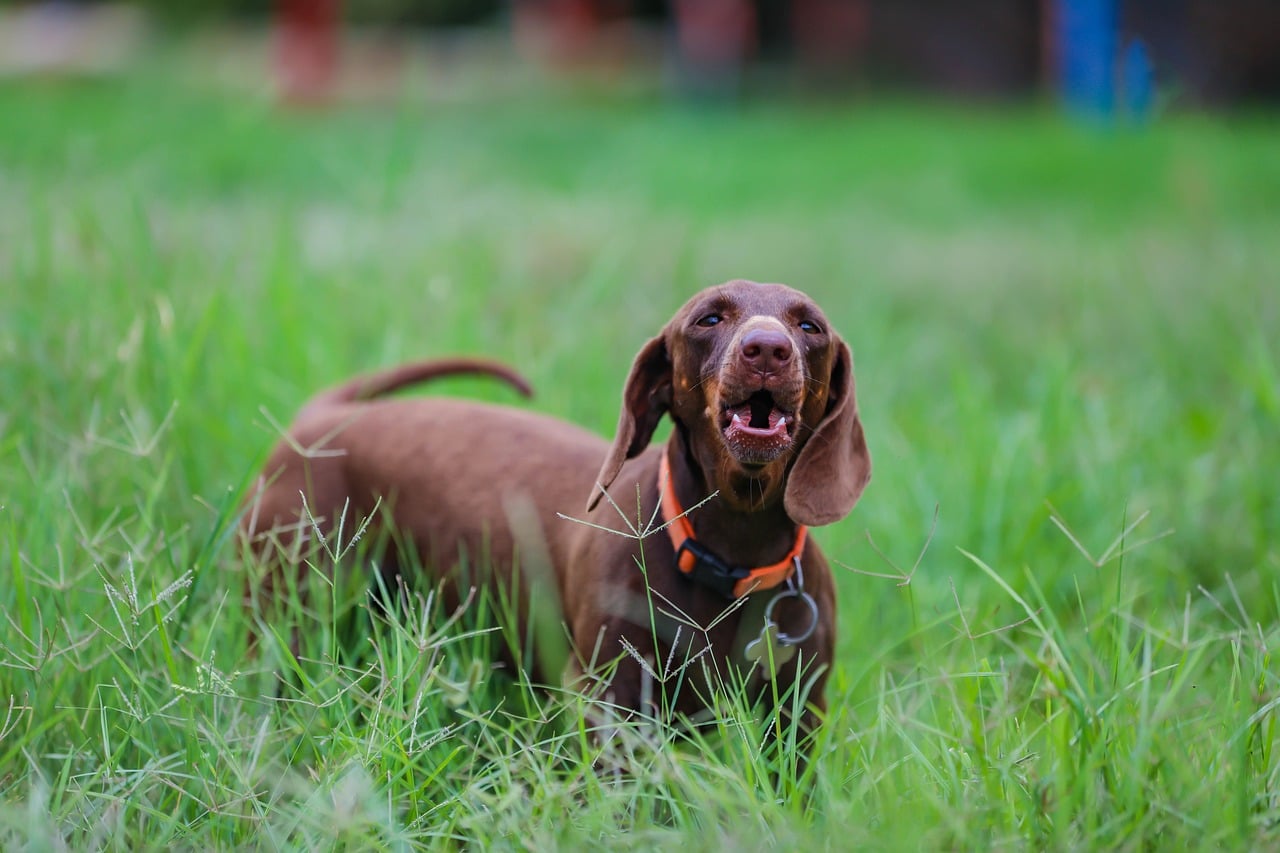 Shutterstock
Shutterstock
Dachshunds are lively and curious, but their small size and friendly nature make them poor guard dogs. They may bark at strange sounds, but they’re more interested in exploring than guarding. Dachshunds have a playful streak and are quick to make friends, even with strangers, making them adorable companions but not exactly reliable guards.
Samoyed
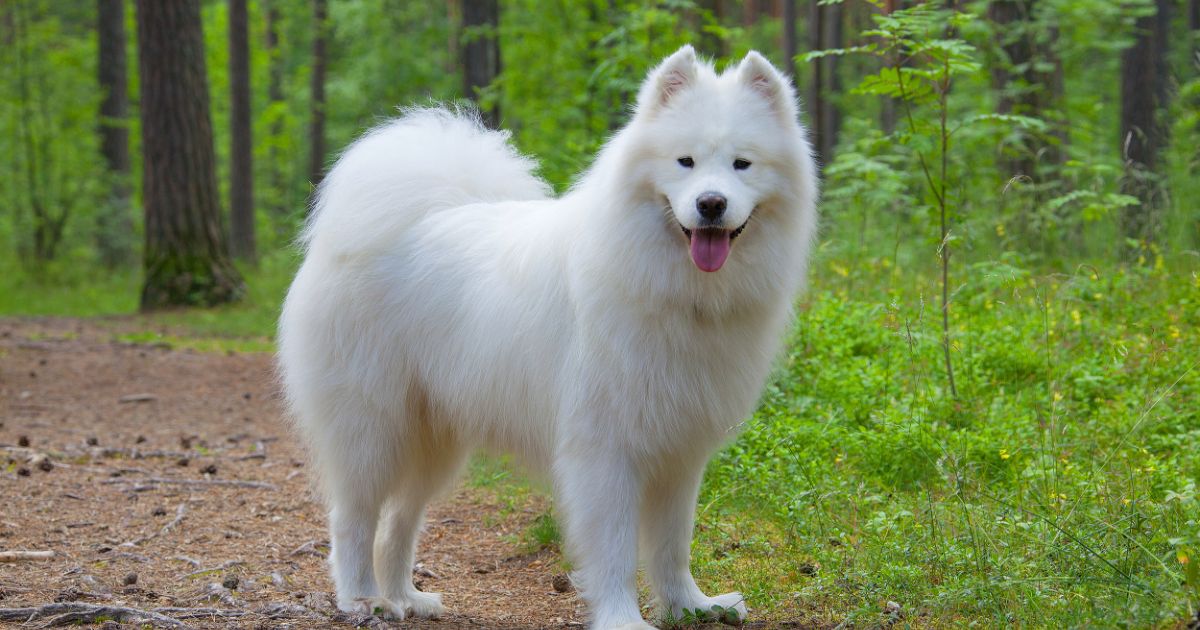 Shutterstock
Shutterstock
Samoyeds are known for their friendly “Sammy smile” and love of people. These fluffy, social dogs are enthusiastic greeters and love making friends with everyone they meet. Samoyeds are more likely to wag their tail at a stranger than to protect the home, as they’re naturally gentle and cheerful. With their bright personalities, Samoyeds are ideal for companionship but not for guarding.
Havanese
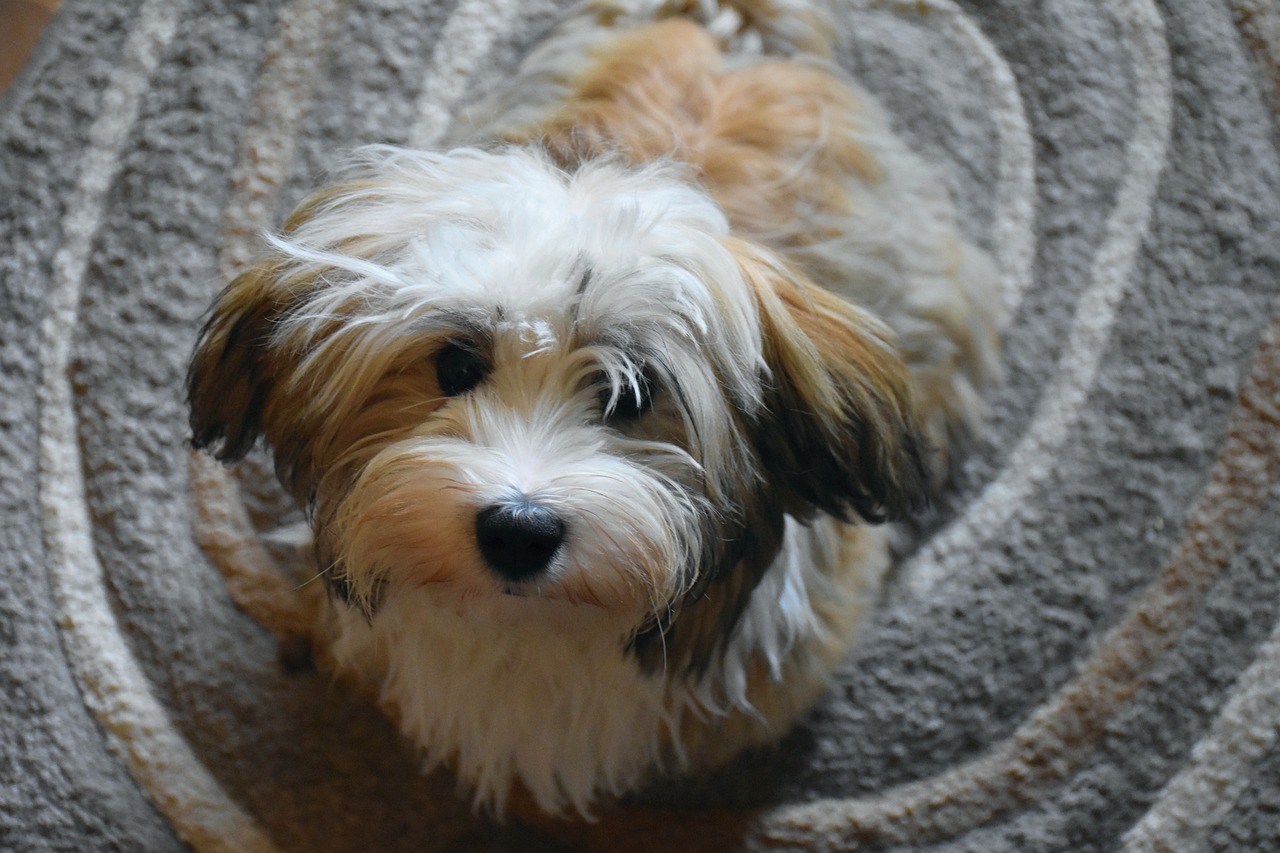 Shutterstock
Shutterstock
The Havanese is a small, affectionate breed known for its love of people. These dogs are incredibly social and thrive on interaction, making them quick to trust strangers. Havanese dogs may bark to alert you to someone’s presence, but they’re more interested in getting attention than keeping anyone away. Their friendly and cuddly nature makes them perfect lap dogs, not guard dogs.
The Pups Who’d Rather Snuggle Than Protect
 Shutterstock
Shutterstock
These lovable breeds show that not every dog is built for guard duty. While they may not be the best choice for home protection, they excel in providing warmth, companionship, and endless cuddles. If you’re after a dog who prefers snuggling over standing guard, these friendly, laid-back pups are guaranteed to win your heart. They’ll greet every visitor—welcome or not—with open paws, making them the perfect companions for cozy nights, but don’t count on them to ward off any intruders!
 Toledo, United States.
Toledo, United States.
